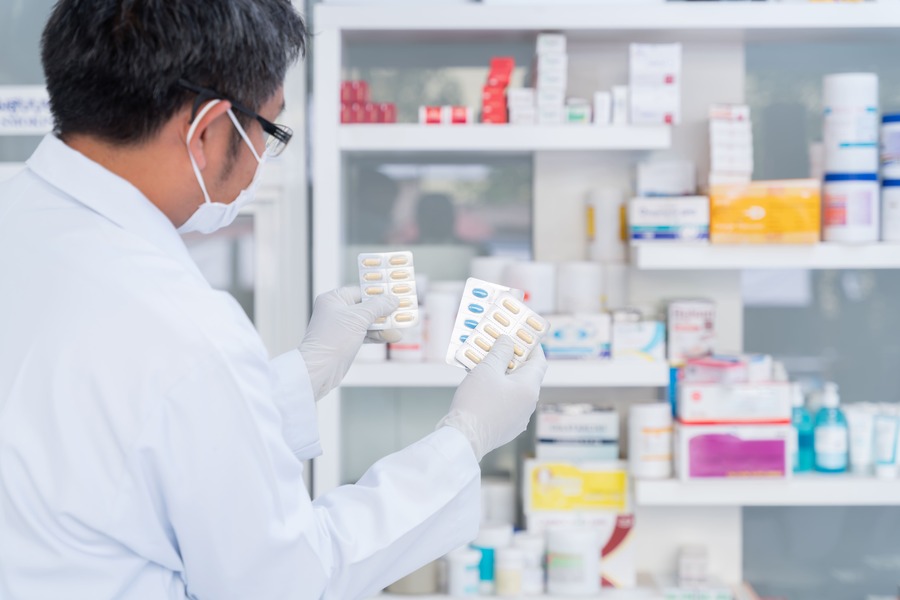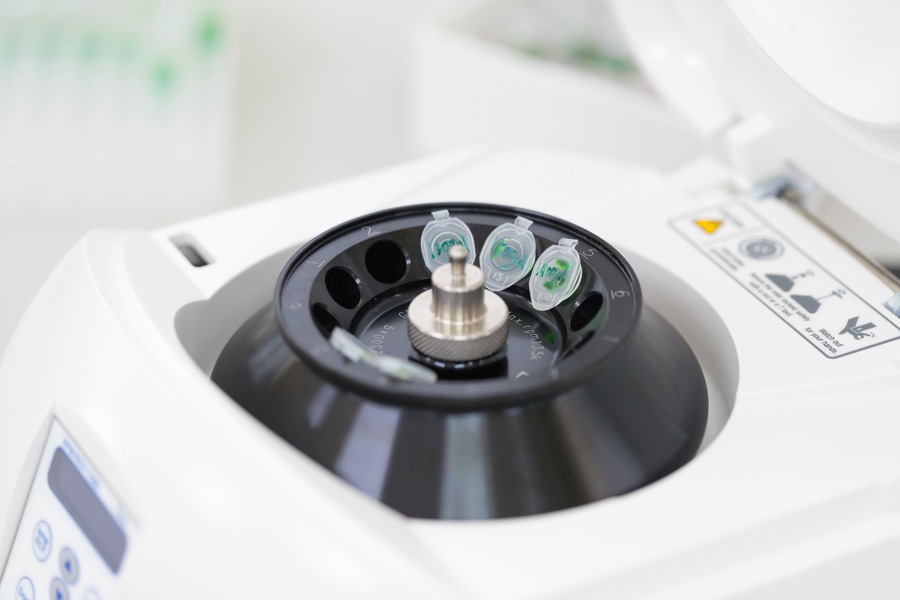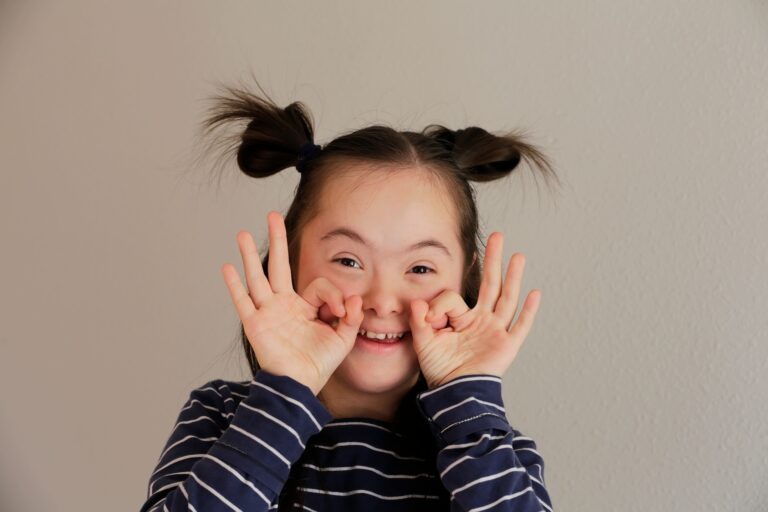Precision medicine is an innovative approach in healthcare that surpasses the traditional 'one-size-fits-all’ treatment model. It tailors medical care and treatments to the individual characteristics of each patient, including their genetic makeup, lifestyle, and environmental factors. This paradigm shift proposes a more fine-tuned method of diagnosing, preventing, and treating diseases by acknowledging the unique differences between people. The concept of precision medicine is a progressive move towards more personalized healthcare, promising to enhance patient outcomes and revolutionize the medical world.
How does precision medicine differ from traditional treatments?
Traditionally, medical treatments were designed for the average patient, following a standard protocol. Precision medicine, however, represents a disruptive shift in this approach. It customizes healthcare by accounting for the inherent genetic differences among individuals. Precision medicine takes advantage of sophisticated diagnostic tools and big data analytics to assess a person’s unique biological makeup. This leads to more nuanced and potentially effective treatments that are designed for an individual’s specific condition, rather than relying on broad-spectrum approaches.
To further explain this innovative practice, consider the following details:
- Patients are more accurately matched with treatments that align with their genetic profiles, reducing the time spent on trial-and-error approaches.
- By avoiding generic treatment methods, precision medicine minimizes the risk of adverse effects.
- This approach allows for more tailored management, which could reduce healthcare spending by avoiding ineffective treatments.
Precision medicine embodies a purposeful fusion of technological progress and individualized care, nurturing a healthcare framework that prioritizes both efficiency and compassion.

What is precision medicine used for?
Precision medicine is not a single technique but a multifaceted philosophy applied across various medical fields. The utility of precision medicine is in several areas including drug development, preventive medicine, and the treatment of complex diseases. It takes into account the entire spectrum of individual variability in genes, environment, and lifestyle to predict susceptibility to disease, prognosis, and treatment response.
Practical implementations include:
- Personalizing treatments: Create more effective management plans and minimize side effects.
- Improving drug efficacy: Develop and utilize medications that are more likely to benefit specific populations.
- Reducing healthcare costs: Avoid unnecessary treatments and focus on what works for the patient.
Precision medicine not only holds the potential to boost the effectiveness of treatments but also promises to bring about more patient-centered healthcare, with a strong mandate on economic efficiency.
Precision medicine in clinical trials
Clinical trials are essential for developing new treatments and precision medicine is increasingly at the forefront of this research. Precision medicine trials use genetic and molecular data to understand diseases better and identify which therapies could be most effective.
Precision medicine can impact clinical trials in several ways:
- Targeted treatment strategies within trials can lead to rapid drug approval and availability.
- It ensures that the medication being tested is given only to those likely to benefit, sparing others from potential side effects.
- The stratification of trial participants based on biomarkers leads to more successful trial outcomes.
Precision medicine is not only redefining the scope of clinical trials but is also setting new standards for how these trials are conducted and evaluated, ultimately contributing to a more refined and compassionate approach to medical research.

What types of genetic tests are commonly used in precision medicine?
Genetic testing is a cornerstone of precision medicine, enabling the creation of tailored treatments. Notably, a range of genetic tests, such as:
- diagnostic testing: identifies specific mutations that can be directly targeted for treatment.
- predictive testing: provides a foresight into one’s health, allowing preventative measures.
- Pharmacogenomics: where the focus is on understanding how an individual’s genetics affect their response to drugs.
- Whole-exome sequencing: which deciphers the coding regions of genes to identify mutations;
- single-nucleotide polymorphisms (SNP) analysis: which detects variations in DNA that may influence disease risk, are instrumental in crafting customised care plans.
These tests unlock the door to a new realm where treatments are uniquely suited to each individual’s genetic blueprint. Moreover, gene expression tests analyse the activity levels of genes, offering insights into how actively certain genes are contributing to the disease.
Utilising these tests, healthcare professionals can not only pinpoint the precise nature of a disease but can also predict which treatments are likely to be most effective, minimising the trial-and-error approach of traditional medicine. As we continue to delve deeper into the genetic foundations of health and illness, the synergy of these tests is revolutionising the efficacy of medical interventions and the landscape of patient care strategies.
Precision medicine in oncology clinical research
Cancer research, especially in oncology, shows how precision medicine can make a big difference. Cancer is a genetic disease, and the targeted therapies devised through precision medicine could potentially be lifesaving. Precision medicine is revolutionizing oncology research by finding special markers in tumors to make therapy personalized and creating new drugs that target specific cancer changes.
Building upon the transformative wave of precision medicine in oncology clinical research, the potential to tailor treatments to the individual characteristics of each patient’s cancer is revolutionising the field. Clinicians can deploy targeted therapies based on genetic profiles, lifestyle and environmental factors, significantly enhancing the accuracy and effectiveness of cancer treatments.
This shift towards personalisation not only support the efficacy but also minimises the side effects often associated with traditional chemotherapy. With continuous advancements in genetic sequencing and bioinformatics, precision medicine is not just a fleeting trend but the bedrock upon which the future of oncology rests. Patients and healthcare professionals alike are poised on the cusp of a new era, where every cancer diagnosis is met with a bespoke battle plan, engineered to increase the odds of success and bring about a new dawn in cancer care.

How to determine whether a given candidate can be treated with precision medicine?
Determining candidacy for precision medicine is an intricate process that begins with an individual’s unique health profile. Prospective candidates must engage in a comprehensive dialogue with their healthcare professionals to assess whether their medical history, genetic profile, and current health issues align with the personalised approach that characterises precision medicine. Diagnostic tests, such as genome sequencing, can reveal vital information about a patient’s susceptibility to certain dieases and the likelihood of responding positively to specific treatments. Patients should also enumerate any previous therapies and their outcomes, as these data points can significantly influence the customisation of their treatment plans.
Key steps include:
- Comprehensive genetic and molecular profiling to craft custom treatment strategies.
- Regular consultations with physicians to tailor treatments as new health information emerges.
These steps underscore the proactive, patient-centric essence of precision medicine.
Can precision medicine be applied to all types of diseases?
Precision medicine has shown great potential in management for a spectrum of diseases, especially those with genetic predispositions. However, its application is more complex in multifactorial diseases that involve a web of genes interacting with environmental factors. The following are critical considerations:
- Economic Feasibility: The high costs associated with genomic sequencing and analysis may pose challenges.
- Ethical Concerns: Issues such as genetic discrimination and consent for genetic testing are important.
Although faced with obstacles, the continual advancement of scientific knowledge in genomics and bioinformatics suggests that precision medicine will likely become more deeply integrated into healthcare systems, spanning various disease types.
The potential of precision medicine is not confined to a select few conditions; rather, it holds promise for a vast array of diseases, including chronic, complex, and rare disorders. As we advance in our understanding of the human genome and refine our ability to analyse big data, tailored treatments and preventive strategies become more feasible across the entire spectrum of maladies. Innovations in this field could spell a new era in medical care, where one-size-fits-all approaches give way to bespoke therapies that account for individual genetic variations. With each research breakthrough, the vision of personalised care comes into clearer focus, suggesting a future where precision medicine is an integral part of patient care, improving outcomes and optimising healthcare resources.
Precision medicine: a leap toward tailored healthcare
In conclusion, precision medicine embodies the essence of personalized healthcare by integrating detailed biological data with advanced computational technology. It signifies a visionary departure from conventional treatment methodologies, fostering a future where medical care is as unique as the DNA of the individuals seeking it. This approach holds immeasurable promise for providing more effective treatments, improving health outcomes, and even curbing healthcare costs by eliminating inefficiencies inherent in the one-size-fits-all model. With continual advancements and broader implementation, precision medicine will likely redefine our expectations of health and healing, materializing a world where each patient’s treatment is as singular as their genetic code.
Check what Medicover Integrated Clinical Services has to offer in the area of Precision Medicine.




























